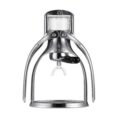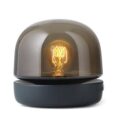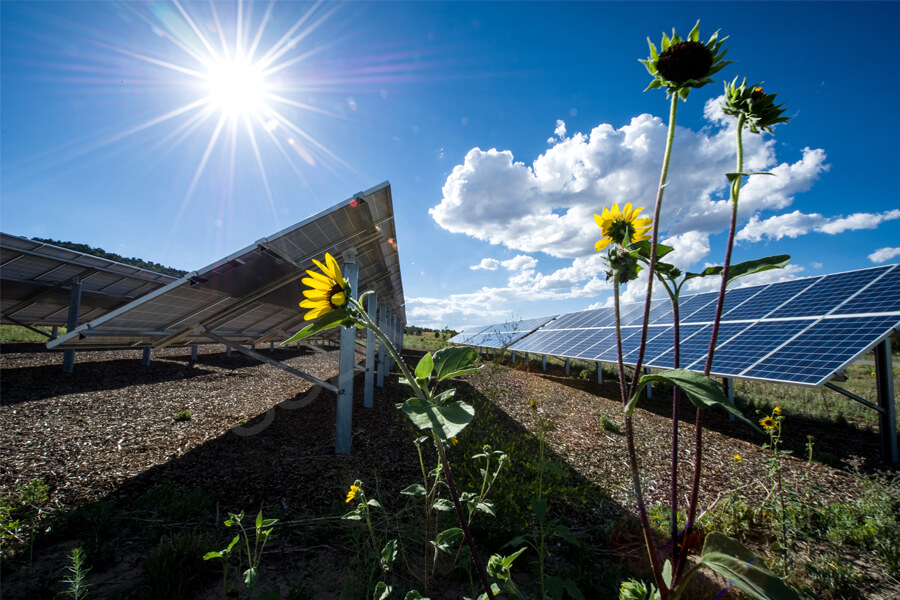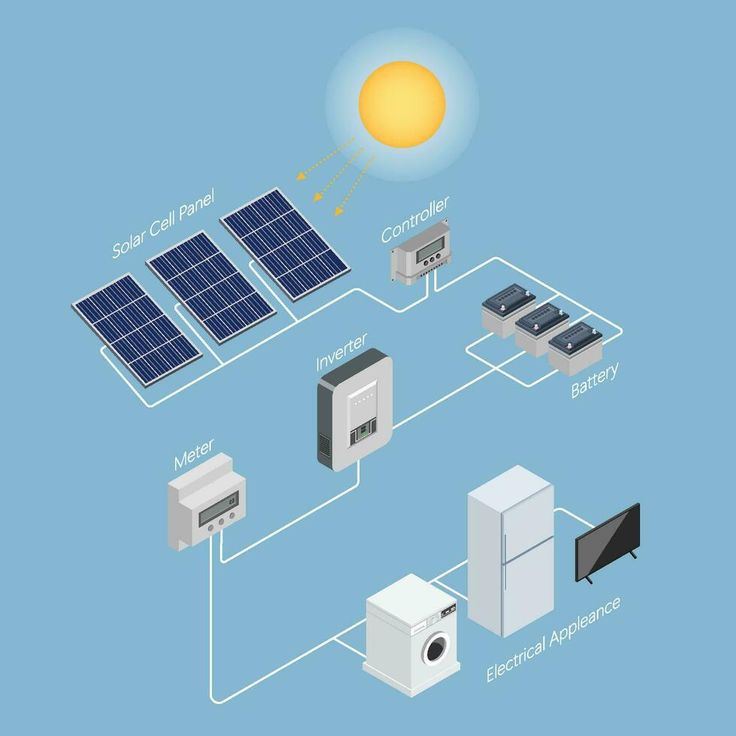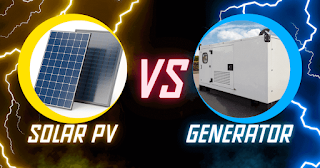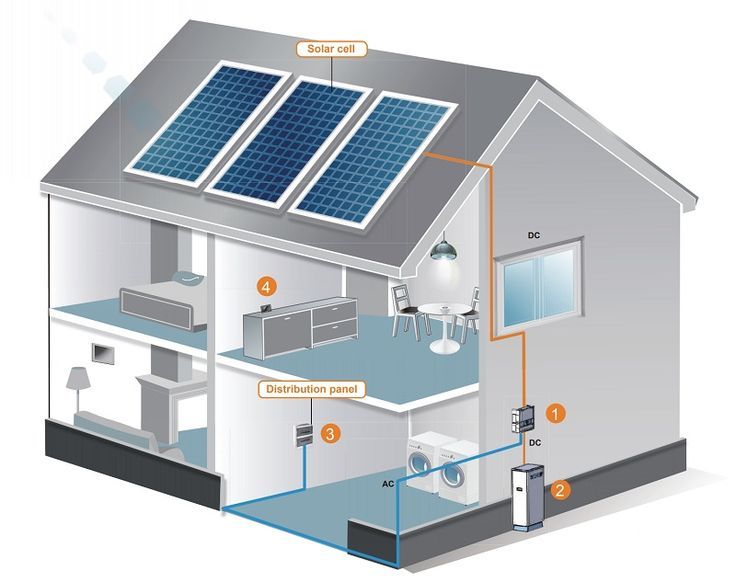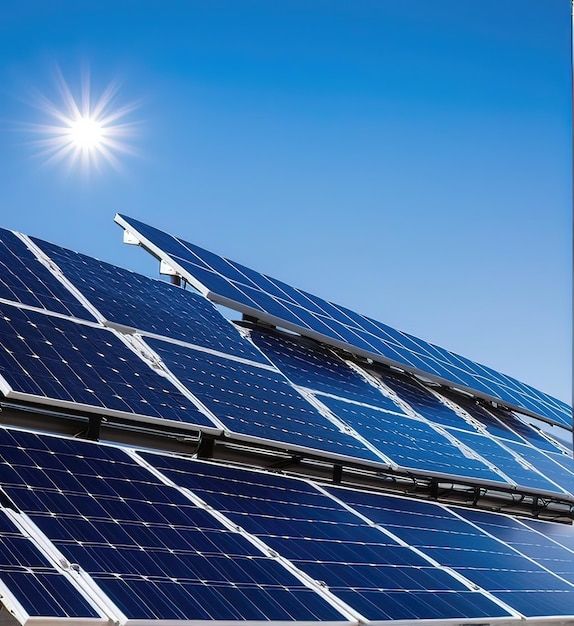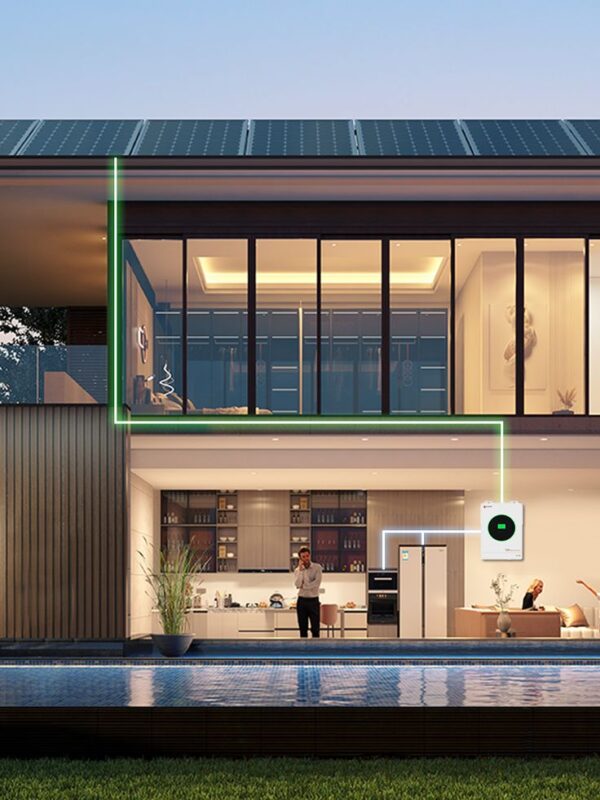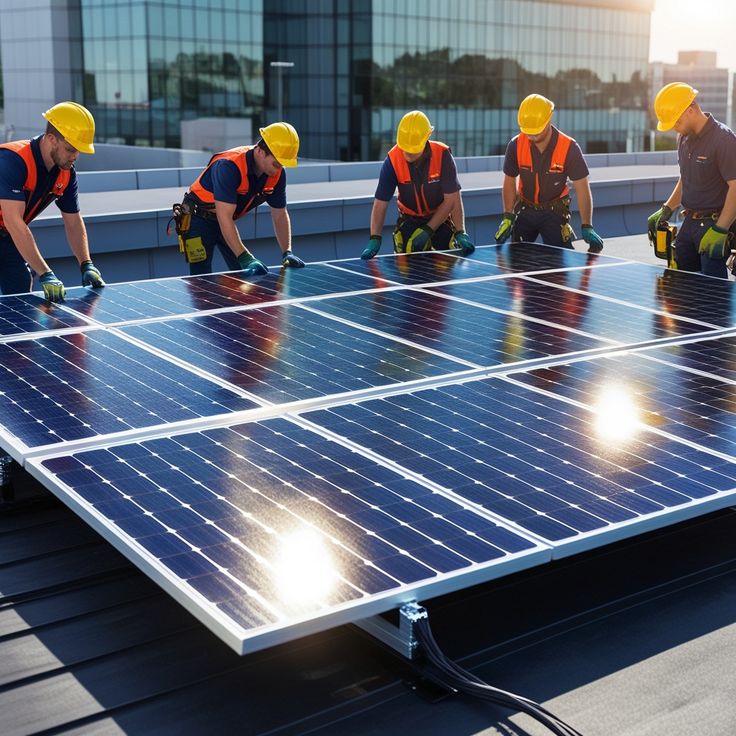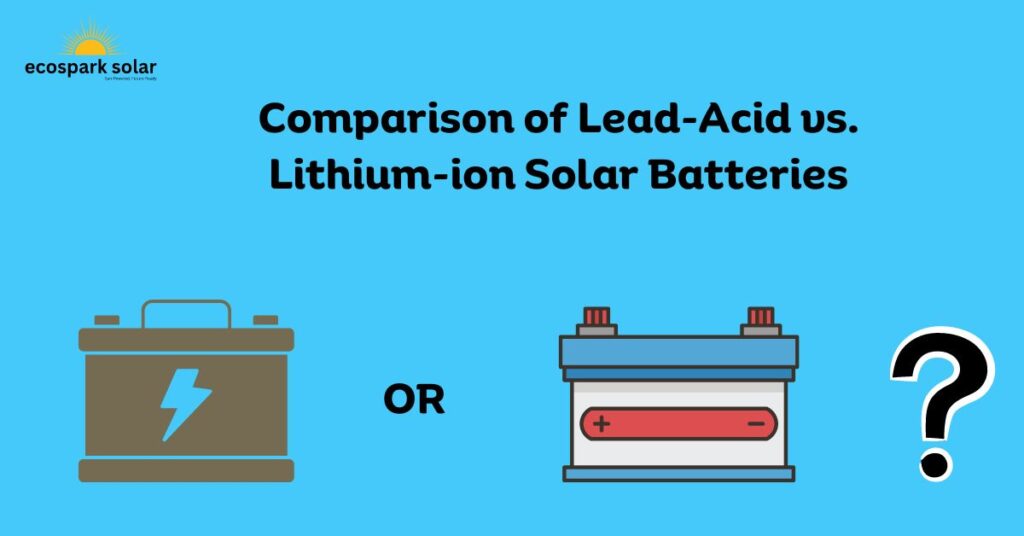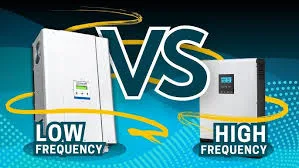Solar power is gaining popularity in Pakistan due to its renewable and environmentally friendly nature. How to Extend However, many users are unaware of the best practices to maximize the lifespan and efficiency of their solar power systems.
In this guide, we will explore key strategies for prolonging the service life of solar power sources, including proper installation, maintenance, and smart usage habits.
1. Choose High-Quality Solar Power Systems
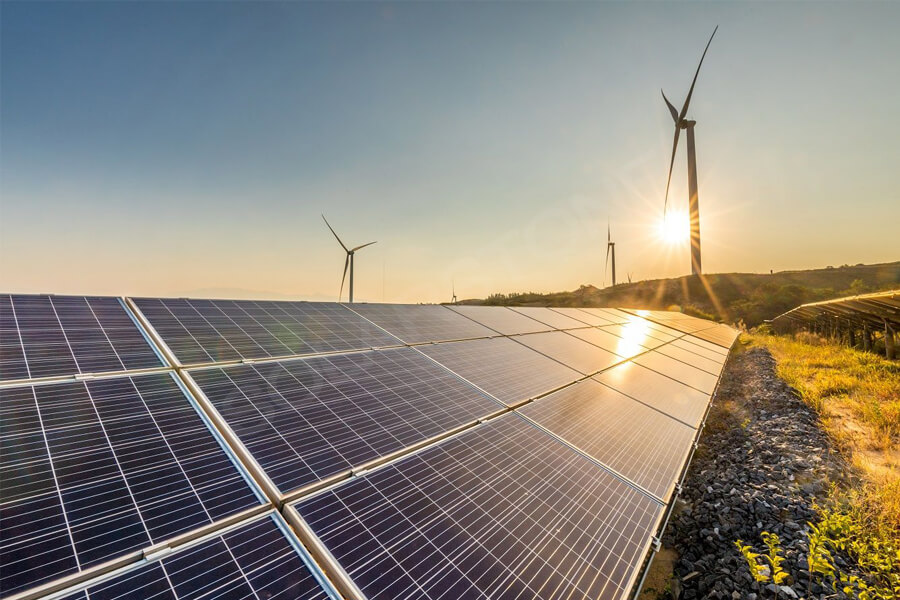
The foundation of a long-lasting solar system starts with selecting high-quality solar panels. Always opt for well-known brands that provide certified products with extended warranties.
Why Choose Quality Panels?
- Higher efficiency and durability.
- Resistance to extreme weather conditions.
- Reduced risk of early system failure.
Additionally, ensure that the solar system you purchase meets national and international safety standards to guarantee optimal performance.
2. Select the Right Installation Location
The location of your solar panels plays a critical role in their lifespan and efficiency.
Best Installation Practices:
- Ensure Maximum Sunlight Exposure: Install panels in an open area free from obstructions like trees, buildings, or dust.
- Adjust the Tilt Angle: The panel angle should be optimized based on Pakistan’s latitude to receive maximum sunlight throughout the year.
- Secure Mounting: Proper mounting prevents damage caused by wind, rain, or seismic activity.
3. Regular Cleaning and Maintenance
Dust, dirt, and bird droppings can accumulate on solar panels, significantly reducing their efficiency. Regular cleaning ensures that sunlight absorption remains at optimal levels.
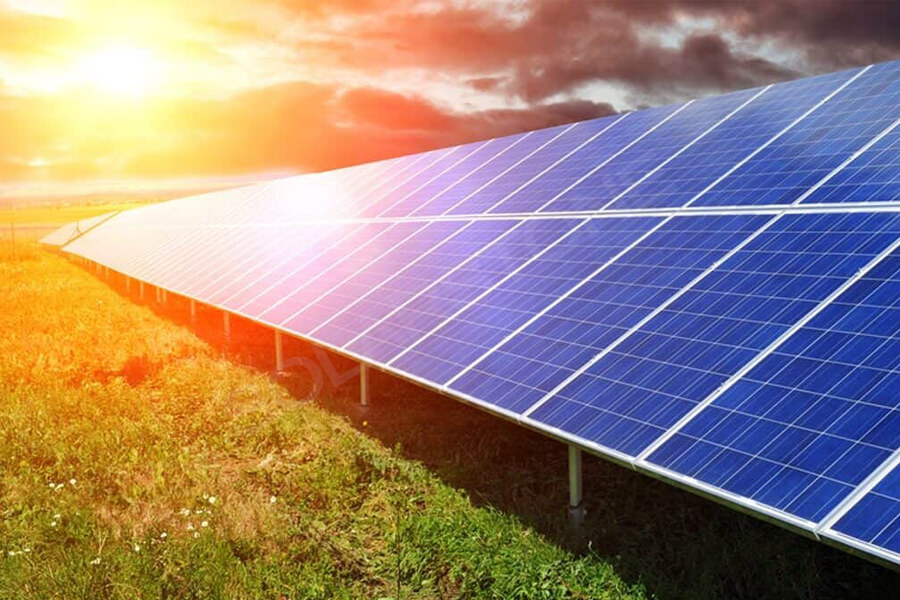
Cleaning Tips:
- Clean the panels at least twice a year or more frequently in dusty environments.
- Use a soft cloth or sponge with mild soapy water.
- Avoid abrasive cleaners that may scratch the panel surface.
4. Monitor System Performance
Most modern solar power systems come equipped with performance monitoring software, allowing real-time tracking of energy generation.
How to Monitor Effectively:
- Regularly check power output to identify inefficiencies.
- Inspect the battery and connection wires for any signs of wear or damage.
- Ensure that the inverter (which converts solar energy into usable electricity) is functioning properly, as its efficiency directly impacts system performance.
5. Manage Temperature Effects
High temperatures can negatively impact solar panel performance. Proper ventilation and cooling mechanisms can help mitigate this issue.
Temperature Management Tips:
- Ensure proper airflow around the panels to prevent overheating.
- Avoid installing panels near heat sources like chimneys or air conditioner exhausts.
- Consider using solar panel cooling technologies if excessive heat is a concern.
6. Proper Battery Charging and Discharging
If your solar system uses batteries, proper charging and discharging habits are crucial for longevity.
Best Practices for Battery Maintenance:
- Avoid overcharging and deep discharging, as both can shorten battery lifespan.
- Use an intelligent charge controller to regulate charging cycles.
- Store batteries in a cool, dry place to prevent overheating and corrosion.
7. Inspect Cables and Connections Regularly
Faulty wiring can lead to power losses and potential hazards.
How to Maintain Solar Wiring:
- Check for loose connections and tighten them as needed.
- Inspect cables for corrosion or wear and replace damaged wires promptly.
- Avoid running cables through areas prone to rodent damage or exposure to sharp objects.
8. Adopt Smart Usage Habits
Your electricity consumption habits also impact the lifespan of your solar system.
Energy-Saving Tips:
- Avoid using high-power appliances when solar energy production is low.
- Schedule heavy loads (like air conditioners or water heaters) during peak sunlight hours.
- Use energy-efficient appliances to reduce strain on the system.
9. Schedule Professional Maintenance
While regular DIY maintenance is essential, professional servicing ensures long-term system health.
Benefits of Professional Maintenance:
- Comprehensive inspections to detect hidden issues.
- Software updates for better system efficiency.
- Performance optimization to maximize energy output.



